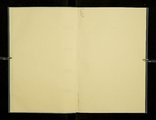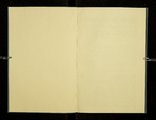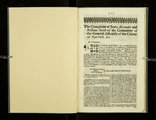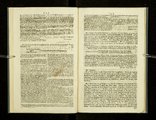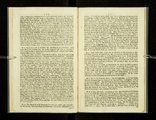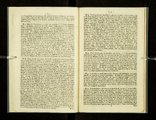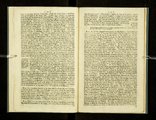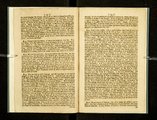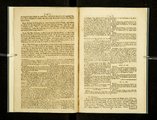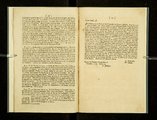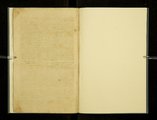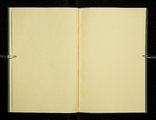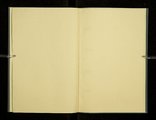| Title |
Complaint of James Alexander and William Smith to the Committee of the General Assembly of the Colony of New York, &c. |
| Call Number |
KF223 .Z4 1735; Record ID 99204950102001 |
| Date |
1735 |
| Description |
Published complaint of James Alexander and William Smith to the Committee of the General Assembly of the Colony of New York, &c. |
| Creator |
Alexander, James, 1691-1756; Smith, William, 1697-1769 |
| Subject |
Zenger, John Peter, 1697-1746; De Lancey, James, 1702-1760; Philipse, Frederick, 1698-1751 |
| Type |
Text |
| Format |
application/pdf |
| Identifier |
KF223-_Z4-1735.pdf |
| Language |
eng |
| Spatial Coverage |
Great Britain; United States |
| Rights Management |
http://rightsstatements.org/page/NoC-US/1.0/ |
| Holding Institution |
J. Willard Marriott Library, University of Utah |
| Scanning Technician |
Ellen Moffatt |
| Digitization Specifications |
Original scanned with Hasselblad H6D 50c medium format DSLR and saved as 800 ppi tiffs. Display images created in Adobe Photoshop Lightroom CC and generated in Adobe Acrobat DC as multiple page pdf. |
| Contributing Institution |
J. Willard Marriott Library, University of Utah |
| ARK |
ark:/87278/s6pz98zn |
| Setname |
uum_rbc |
| ID |
1310168 |
| Reference URL |
https://collections.lib.utah.edu/ark:/87278/s6pz98zn |


